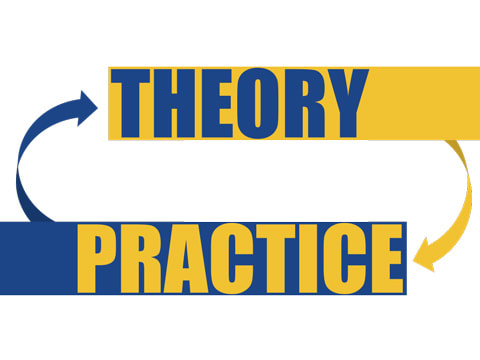Dear Breath Support Master:
I am a 45 year old man and I remember vividly when my voice changed as an adolescent but who expected to yet again have to worry about my voice changing as I turned middle aged? I seem to have already lost some vocal power, endurance and some pitch control.
Signed,
Getting older every day
Dear Getting Older:
Some think that the voice is like the violin or wine, improving with age. If the violin is stored correctly and played, and the wine is kept in a climate controlled environment, they will improve with age. Likewise, our voices may sound completely different yet improve if we train it correctly, separating the diaphragm from the voice training as we age. And age can give your voice a quality that you could not achieve as a younger singer, especially if you do diaphragm training.
We have taught 70 year old singers and seen significant improvement over a brief time as they incorporated diaphragm training into their daily routine. Another benefit of this type of practice is that older singers regain vocal power, endurance and flexibility.
Diaphragm training is like restorative yoga for the voice. Here is one seated position diaphragm training exercise to prove my theory. Try it 5 times (consecutive breaths) each morning for a week and see if you feel and sound different when you sing.
I am a 45 year old man and I remember vividly when my voice changed as an adolescent but who expected to yet again have to worry about my voice changing as I turned middle aged? I seem to have already lost some vocal power, endurance and some pitch control.
Signed,
Getting older every day
Dear Getting Older:
Some think that the voice is like the violin or wine, improving with age. If the violin is stored correctly and played, and the wine is kept in a climate controlled environment, they will improve with age. Likewise, our voices may sound completely different yet improve if we train it correctly, separating the diaphragm from the voice training as we age. And age can give your voice a quality that you could not achieve as a younger singer, especially if you do diaphragm training.
We have taught 70 year old singers and seen significant improvement over a brief time as they incorporated diaphragm training into their daily routine. Another benefit of this type of practice is that older singers regain vocal power, endurance and flexibility.
Diaphragm training is like restorative yoga for the voice. Here is one seated position diaphragm training exercise to prove my theory. Try it 5 times (consecutive breaths) each morning for a week and see if you feel and sound different when you sing.
1. Sit in a hard chair so you can feel your “sit bones” against the chair.
2. Position your knees at 90 degrees and feet shoulder width apart.
3. Place your hands, one across lower abdomen, one under the collar bone on upper chest.
4. Open your mouth so your breath and let your breath happen without intention.
5. Let your head hang forward taking the rest of your upper body in a forward rolldown.
6. As you roll down, let your voice connect with the air coming out in a gentle way using an “ahhhh” vowel.
7. Try to roll back up in a relaxed manner, letting the head up last and notice your body will naturally bring the breath back into your lungs.
Steven Flam has perfected the training of your diaphragm for vocal power.
GET YOUR FREE ‘FROM THE PRESCRIPTION PAD OF BREATHINGRX’ EBOOK NOW.
2. Position your knees at 90 degrees and feet shoulder width apart.
3. Place your hands, one across lower abdomen, one under the collar bone on upper chest.
4. Open your mouth so your breath and let your breath happen without intention.
5. Let your head hang forward taking the rest of your upper body in a forward rolldown.
6. As you roll down, let your voice connect with the air coming out in a gentle way using an “ahhhh” vowel.
7. Try to roll back up in a relaxed manner, letting the head up last and notice your body will naturally bring the breath back into your lungs.
Steven Flam has perfected the training of your diaphragm for vocal power.
GET YOUR FREE ‘FROM THE PRESCRIPTION PAD OF BREATHINGRX’ EBOOK NOW.




 RSS Feed
RSS Feed